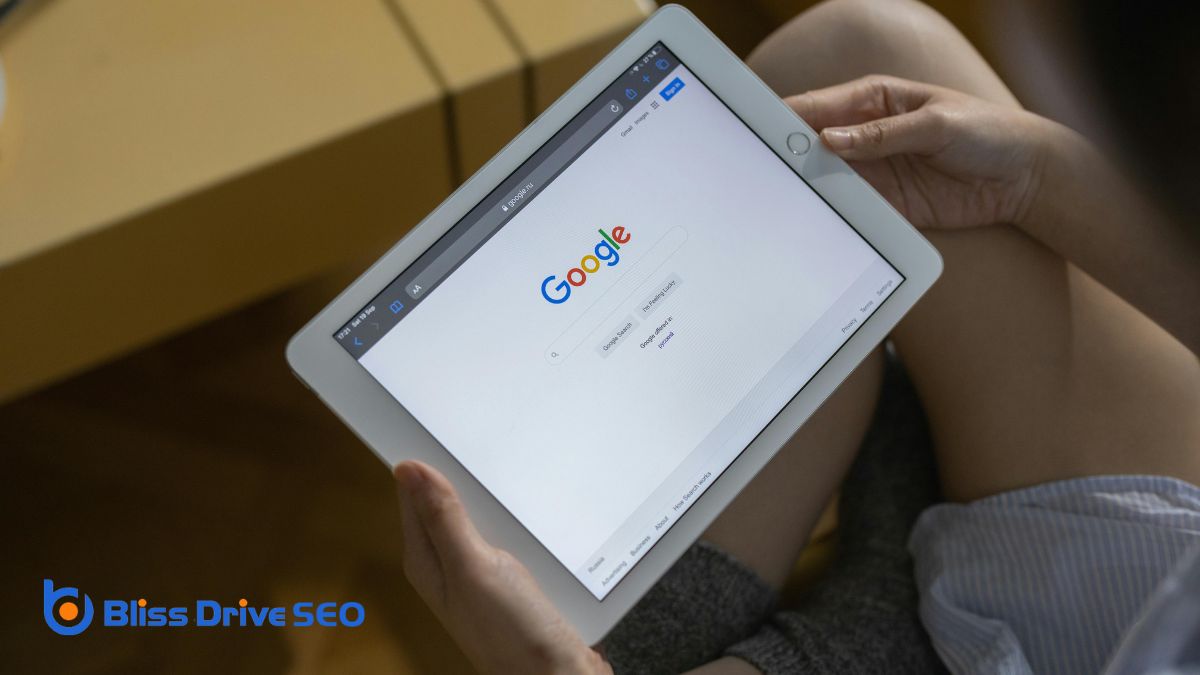Digital Marketing Services
Learn More About Us

When you think about SEO, you might picture strategies designed to reach a wide audience. However, local SEOOptimization strategies aimed at improving a website’s visibility in local search results. takes a more focused approach, zeroing in on potential customers in a specific area. It's not just about ranking for keywordsWords or phrases that users type into search engines to find information. but also about ensuring your business shows up when someone nearby searches for the services you offerThe specific product or service being promoted by affiliates.. The importance of Google My Business, local citations, and customer reviews can't be understated. But how do these elements truly influence your business's visibility and success in your community? Let's explore the distinct strategies that set local SEO apart.
When diving into the world of digital marketing, SEO, or Search Engine Optimization, is one of the first concepts you'll encounter. SEO is all about enhancing your website to improve its visibility on search engines like Google. When someone types a query related to your business, you want your website to appear prominently in the search results. Higher visibility means more traffic, and potentially, more customers.
To get started with SEO, focus on three critical components: keywords, on-page optimizationImproving individual webpages to rank higher and earn more relevant traffic in search engines., and quality content.
Keywords are the specific terms or phrases people use in search engines. You'll need to research and choose the right keywords that align with your business. Once you've identified them, integrate these keywords naturally into your website's content, titles, and meta descriptions.
On-page optimization involves refining elements within your website, such as improving page speedThe time it takes for a webpage to load, affecting user experience and conversion rates., creating a mobile-friendly design, and ensuring a clear site structure.
Quality content is key; it should be informative, engaging, and relevant to your audience's needs. Remember, SEO is an ongoing process. Regularly updating your strategies and content will help maintain and improve your website's search engine ranking over time.

When considering Local SEO, you're focusing on users with local search intent, aiming to attract those seeking nearby services or products. This approach targets a geographic audience, tailoring content to specific regions or cities.
In contrast, traditional SEO targets a broader audience without geographic constraints, aiming for national or even global reach.
Understanding the differences in target audience is crucial for effectively tailoring your local SEO strategy to align with local search intent. When you focus on local search intent, you're catering to users who are specifically looking for products or services within a particular geographic area. These users often include search terms like "near me" or the name of a city or neighborhood, indicating they want immediate solutions close to their location. Recognizing these nuances helps you craft content that speaks directly to their needs.
In local SEO, you're addressing an audience with immediate needs. They might be searching for a nearby restaurant, a local plumber, or a quick pharmacy run. Your content should reflect this urgency and proximity by highlighting local landmarks and community ties and addressing specific local concerns.
Unlike broader SEO, where the aim is to attract a global or national audience, local SEO zooms in on immediate, location-based searches.
Relevance plays an important role in geographic audience targeting, particularly when distinguishing between local SEO and traditional SEO strategies. Local SEO focuses on optimizing your online presence to reach users in a specific geographic area. It's all about guaranteeing your business appears in local searches, making it crucial for brick-and-mortar stores or service providers.
Traditional SEO, on the other hand, is more about increasing visibility on a broader scale, often targeting national or international audiences.
To effectively harness the power of geographic audience targeting, consider these key differences:
Understanding these differences ensures you target your audience effectively.
Google My Business (GMB)A tool for businesses to manage their online presence across Google, including Search and Maps. acts as a vital tool in local SEO strategies, helping businesses enhance their online visibility and attract more local customers. By creating a GMB listing, you give your business a strong presence in local search results and on Google Maps. It's like a digital storefront that provides potential customers with important information about your business, such as your location, hours, and contact details.
When you optimize your GMB profile, you improve your chances of appearing in the sought-after local 3-pack—those top three spots in Google's local search results. To do this, make sure your information is accurate and complete. Regularly update your business hours, add photos, and respond to customer reviews.
Engaging with reviews not only boosts your reputation but also signals to Google that your business is active and customer-focused.
Utilizing GMB's features, like posts and Q&A, allows you to communicate directly with your audience. These interactions can influence how potential customers perceive your business.

Local citations play an important role in boosting your business's local SEO efforts. They help establish your presence in local search results and improve your visibility to potential customers nearby. When your business's name, address, and phone number (NAP) are consistently listed across various online directories, search engines view your business as more reliable and trustworthy. This consistency can leadA potential customer referred by an affiliate who has shown interest in the product or service but h... to higher local search rankings.
Here are three reasons local citations are vital for your local SEO:
Customer reviews have a substantial impact on your local SEO by influencing local rankings and building trust with potential clients. When your business receives positive reviews, it can climb higher in search results, making it easier for local customers to find you.
Additionally, genuine reviews foster trust, encouraging more people to choose your services over competitors.
Imagine you're searching for the best pizza place in town and notice several options with varying reviews. You might wonder how these reviews influence local search rankings. Customer reviews are essential in local SEO, affecting how search engines rank businesses in your area. Let's break down how they impact local rankings:
When a pizza place has numerous positive, recent reviews, search engines see it as a reliable option, raising its rank. Remember, search engines aim to provide the best user experience. By considering reviews, they help you find top-rated businesses nearby. So, next time you're choosing a place to eat, those reviews aren't just influencing you—they're shaping search results, too.
When you're deciding where to spend your money, trust is everything, and customer reviews play an essential role in building that trust. Local SEO leverages these reviews to enhance your business's credibility in your community.
When potential customers search for local services, they often turn to reviews to gauge the quality and reliability of a business. Positive reviews can significantly influence their decision-making process, making your business a more attractive option.
Incorporating customer reviews into your local SEO strategy not only builds trust but also improves your search visibility. Search engines like Google consider the quantity and quality of reviews as a ranking factor. More positive reviews can lead to higher rankings in local search results, giving your business a competitive edge.
Responding to reviews, whether positive or negative, demonstrates your commitment to customer satisfaction and transparency, further enhancing trust.

Anyone running a local business knows the importance of attracting nearby customers, and a solid local keyword strategy is key to achieving this. If you want your business to stand out in local search results, focusing on the right keywords is essential. Local keyword strategy involves understanding what potential customers in your area are searching for and optimizing your content to match those queries. Here's how you can get started:
A strong local keyword plan lays the groundwork for attracting nearby customers, but how your site performs on mobile devices greatly impacts local search success. In today's digital age, most local searches happen on smartphones. If your site isn't optimized for mobile, you risk losing potential customers. It's vital that your website loads quickly and fits well on smaller screens. A mobile-friendly design guarantees users can easily navigate your site, find your contact information, and even make purchases if applicable.
To optimize for mobile, start by using responsive designA web design approach that makes web pages render well on a variety of devices and window or screen .... This approach automatically adjusts your site's layout based on the user's device. Also, simplify navigation by using clear calls-to-action and easy-to-find menus. You should also compress images to speed up loading times, as slow pages can frustrate users and increase bounce rates.
Don't forget about local listings — ensure they're consistent and accurate across platforms. Mobile users often rely on these for directions and contact info.
In local SEO, you're not just optimizing for search engines; you're connecting with your community. Unlike traditional SEO, local SEO focuses on reaching nearby customers by using local keywords, managing your Google My Business profile, and collecting local citations. Customer reviews play an essential role in building trust and enhancing local visibility. By emphasizing mobile optimization, you make sure that potential customers find you easily. Embrace these strategies, and you'll see your local presence increase notably.
